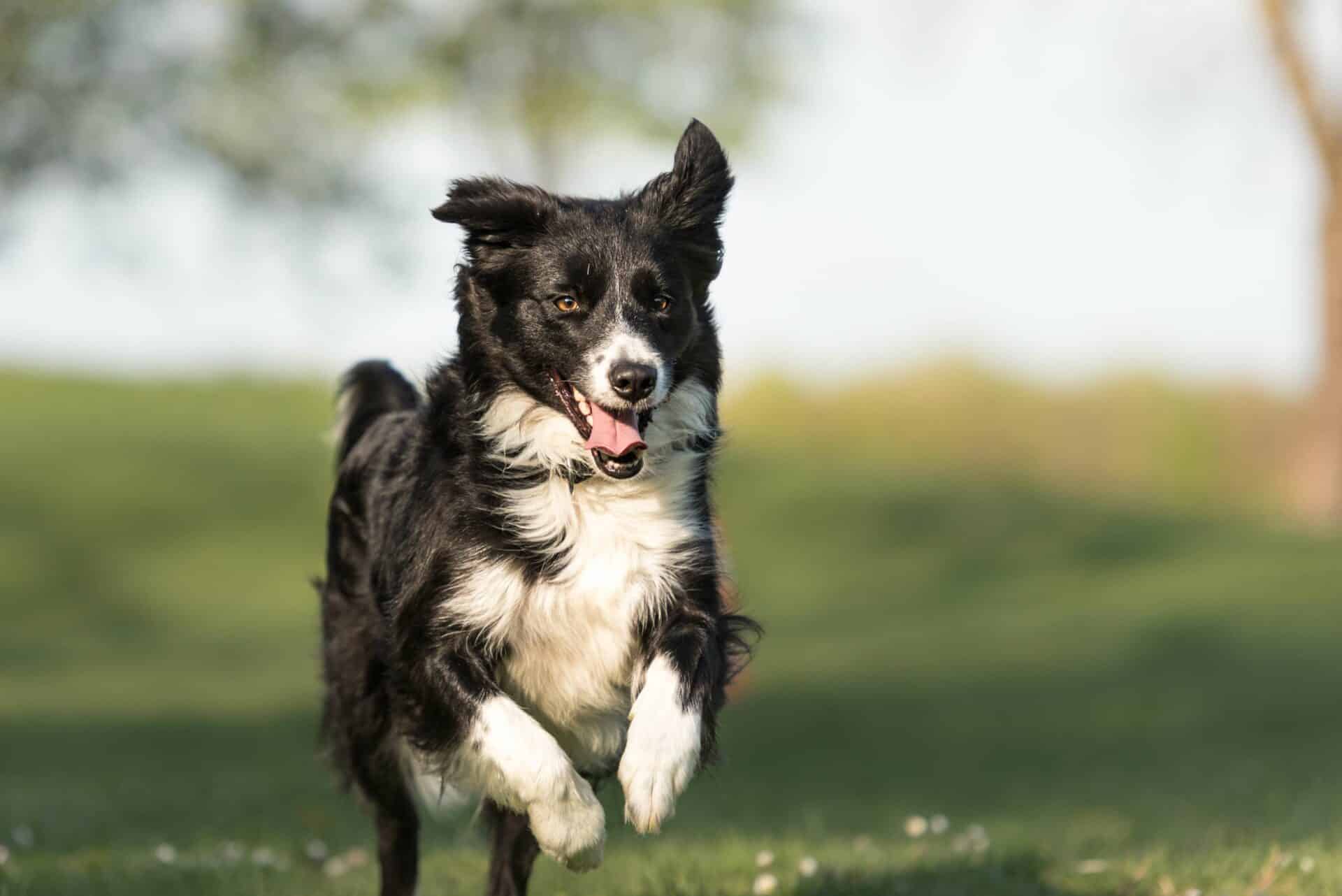Routine Pet Surgeries at Sheffield Veterinary Clinic
Surgery can be a stressful experience for both pets and their owners. Our experienced veterinary team at Sheffield Veterinary Clinic provides safe, gentle, and professional surgical care to ensure the best outcome for every patient. With over 32 years of experience, our clinic has built a reputation for compassionate service and high-quality veterinary care.
Routine surgeries, such as spay/neuter procedures and soft tissue surgeries, play an important role in a pet’s health and longevity. Every procedure is performed with modern surgical techniques, pain management, and personalized recovery plans to guarantee comfort and safety.
Pet owners in Sheffield, Mason City, Thornton, Hampton, Clear Lake, Ardale, and surrounding areas rely on Sheffield Veterinary Clinic for professional, community-focused care.
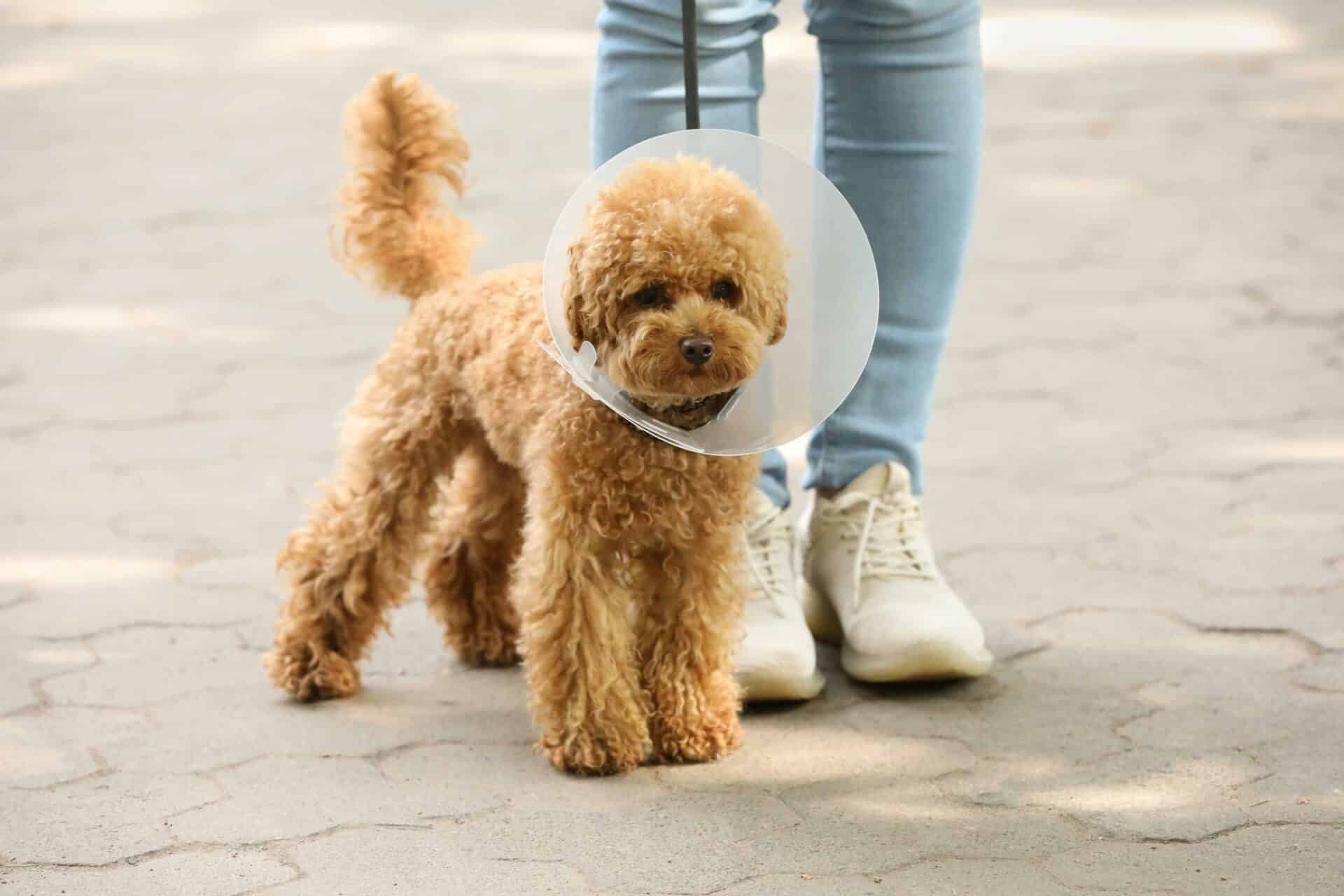
Routine Surgeries We Offer
Routine surgical procedures play a key role in maintaining pet health, preventing medical issues, and improving overall well-being. Sheffield Veterinary Clinic specializes in soft tissue surgeries for dogs, cats, and livestock, ensuring every procedure is performed with modern surgical techniques, pain management, and careful post-operative monitoring.
While orthopedic surgeries are not performed, the clinic offers a range of important procedures, including:
Spay & Neuter Surgery
Spaying and neutering help prevent unwanted litters, reduce cancer risk, and improve behavior by minimizing aggression and roaming. These routine procedures have a quick recovery time of 7-10 days and offer lifelong health benefits.
Mass & Tumor Removal
Lumps and growths may be benign or cancerous, and early removal can prevent discomfort and serious health risks. A biopsy may be performed to assess whether further treatment is needed.
Wound & Laceration Repair
Deep cuts, punctures, and injuries from fights, accidents, or sharp objects often require stitches or surgical closure to heal properly and prevent infection. Some wounds may also need drainage or antibiotics.
Hernia Repair
Hernias occur when internal tissues push through muscle walls, causing a lump under the skin. Surgical correction prevents complications like pain, digestive issues, or breathing difficulties.
Other Soft Tissue Procedures
Additional procedures include eyelid corrections, minor gastrointestinal surgeries, abscess drainage, and ear hematoma repair to treat various medical conditions affecting pets.
Every pet’s needs are unique. If a pet requires a procedure not listed here, our team at Sheffield Veterinary Clinic is happy to discuss surgical options and treatment plans. Schedule a consultation or ask about a specific procedure with us.
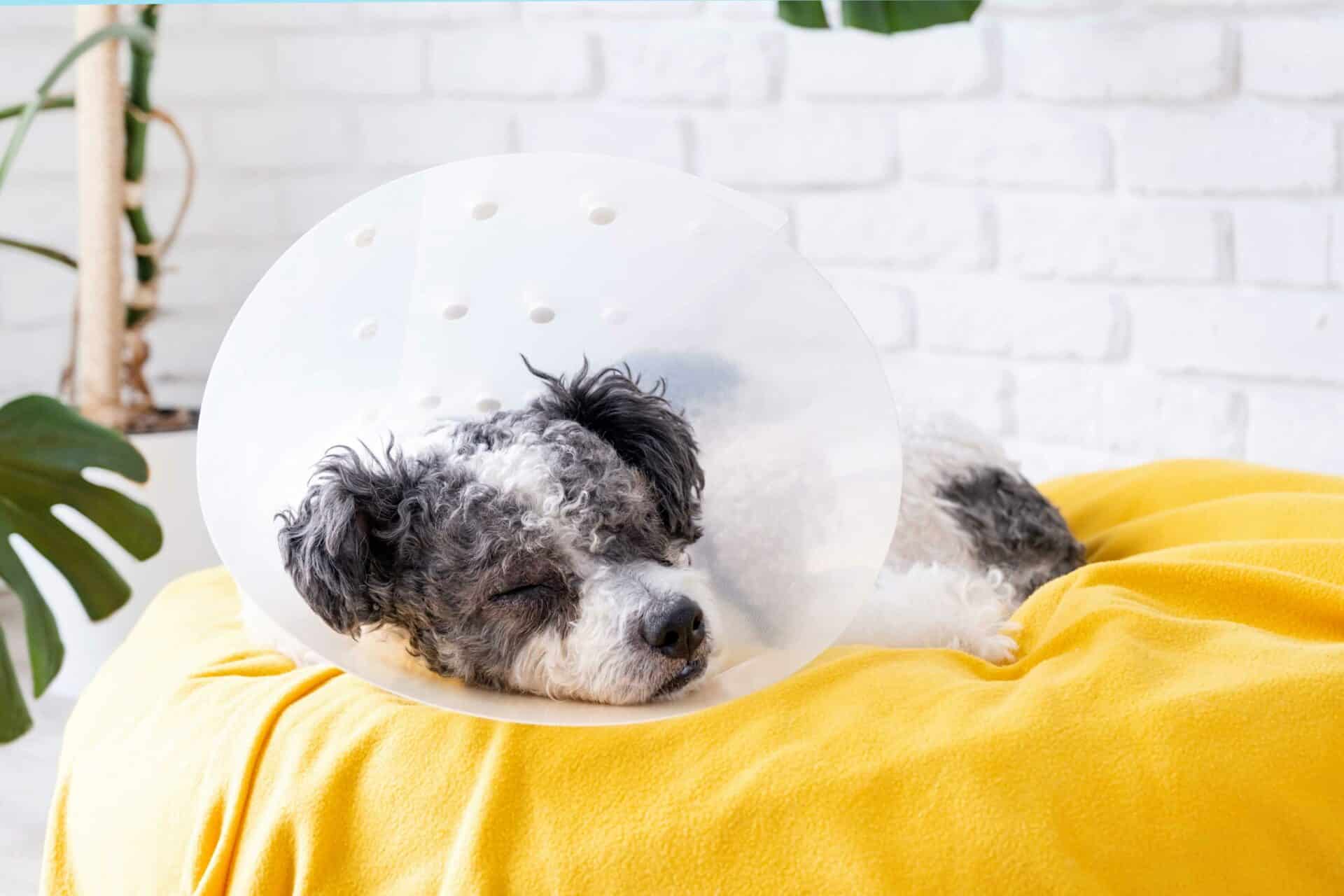
What to Expect: A Safe & Caring Approach
Every pet undergoing surgery at Sheffield Veterinary Clinic receives individualized care before, during, and after the procedure. Our veterinary team follows strict safety protocols to ensure pets experience a smooth, stress-free surgery and a successful recovery. From pre-surgical health checks to pain management and post-operative care, every step is taken to maximize comfort and minimize risks.
1. Pre-Surgical Health Exam
A full physical examination is performed before surgery to assess overall health. Blood tests may be recommended to check for underlying conditions that could affect anesthesia.
2. Anesthesia & Monitoring
Anesthesia is carefully calculated based on the pet’s size, weight, and medical history to ensure safety. Throughout the procedure, vital signs, including heart rate and breathing, are continuously monitored.
3. Pain Management
Pain control is a priority. Pre- and post-operative pain medications are sometimes administered to keep pets comfortable during recovery.
4. Post-Operative Care
Once the surgery is complete, pet owners receive detailed at-home care instructions to support proper healing. If necessary, follow-up visits are scheduled to monitor progress and remove sutures.
With expert monitoring, pain management, and recovery support, pets heal quickly and comfortably. For surgical questions or appointments, call (641) 892-4651.
Preparing for Your Pet’s Surgery
Proper preparation helps guarantee a safe, smooth, and successful surgical procedure. Sheffield Veterinary Clinic provides clear pre-surgical instructions to minimize risks and help pets recover comfortably. Pet owners should follow these guidelines before surgery:
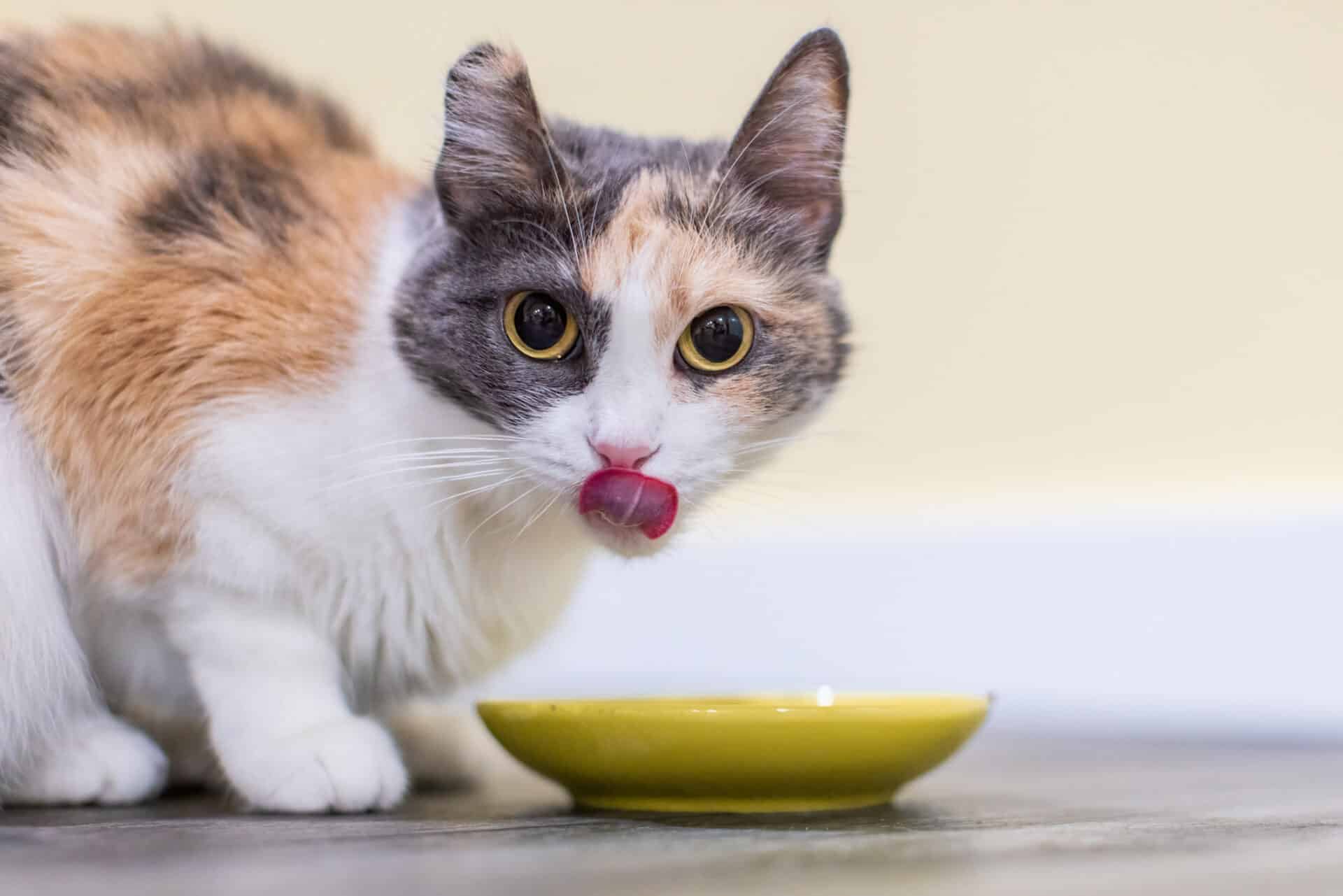
Fasting Instructions: No Food After Midnight
Most pets should not eat after midnight before surgery to prevent complications with anesthesia. Fasting reduces the risk of aspiration (inhaling food particles), nausea, and anesthesia-related issues. Water may be allowed—check with the veterinary team for specific instructions. Young puppies, kittens, and diabetic pets may require modified fasting guidelines.
Medication Guidance: Discuss With the Vet
Some medications may need adjustments before surgery. Pain relievers, anti-inflammatories, and certain heart or blood pressure medications could interfere with anesthesia. Insulin and other diabetes medications may also require special dosing. Always consult our veterinarian before stopping or altering any medication routine.
Secure Transportation: Keeping Pets Safe
Proper transport reduces stress and prevents injury before and after surgery. Small dogs and cats should be in a well-ventilated carrier, while larger dogs should be leashed with a harness for support. Livestock should be transported in a secure enclosure. After surgery, pets may be groggy or disoriented, so a quiet, comfortable ride home is important.
Arrival Time: Check-In for Surgery
A designated check-in time allows our veterinary team to perform a pre-surgical evaluation, confirm fasting compliance, administer medications, and prepare the pet for surgery. Arriving on time ensures a smooth process. If rescheduling is necessary, pet owners should contact us as soon as possible.
For fasting guidelines, medication instructions, or general concerns, call (641) 892-4651. Proper preparation reduces stress and enhances recovery, ensuring pets return home safely after their procedure.
Caring for Your Pet After Surgery
A calm and quiet environment at home helps pets recover comfortably after surgery. Following post-operative care instructions is important for proper healing and preventing complications.
1. Pain Relief
Pain management is important for recovery. The veterinary team provides tailored pain medication plans to keep pets comfortable. Owners should:
2. Activity Restrictions
To prevent strain on the surgical site, pets should avoid running, jumping, and excessive movement for 10-14 days. Controlled leash walks for bathroom breaks are allowed, but no off-leash play. Crate rest or a quiet room may be necessary for highly active pets.
3. Incision Care
Owners should check the surgical site daily for redness, swelling, discharge, or signs of infection. If a pet tries to lick or chew stitches, an Elizabethan collar (E-collar), surgical suit, or bitter-tasting sprays may be needed to prevent irritation.
4. Follow-Up Appointments
Some surgeries require a post-operative check-up to monitor healing and remove stitches. Pet owners should attend follow-up visits as scheduled or contact our clinic if unsure whether a check-up is necessary.
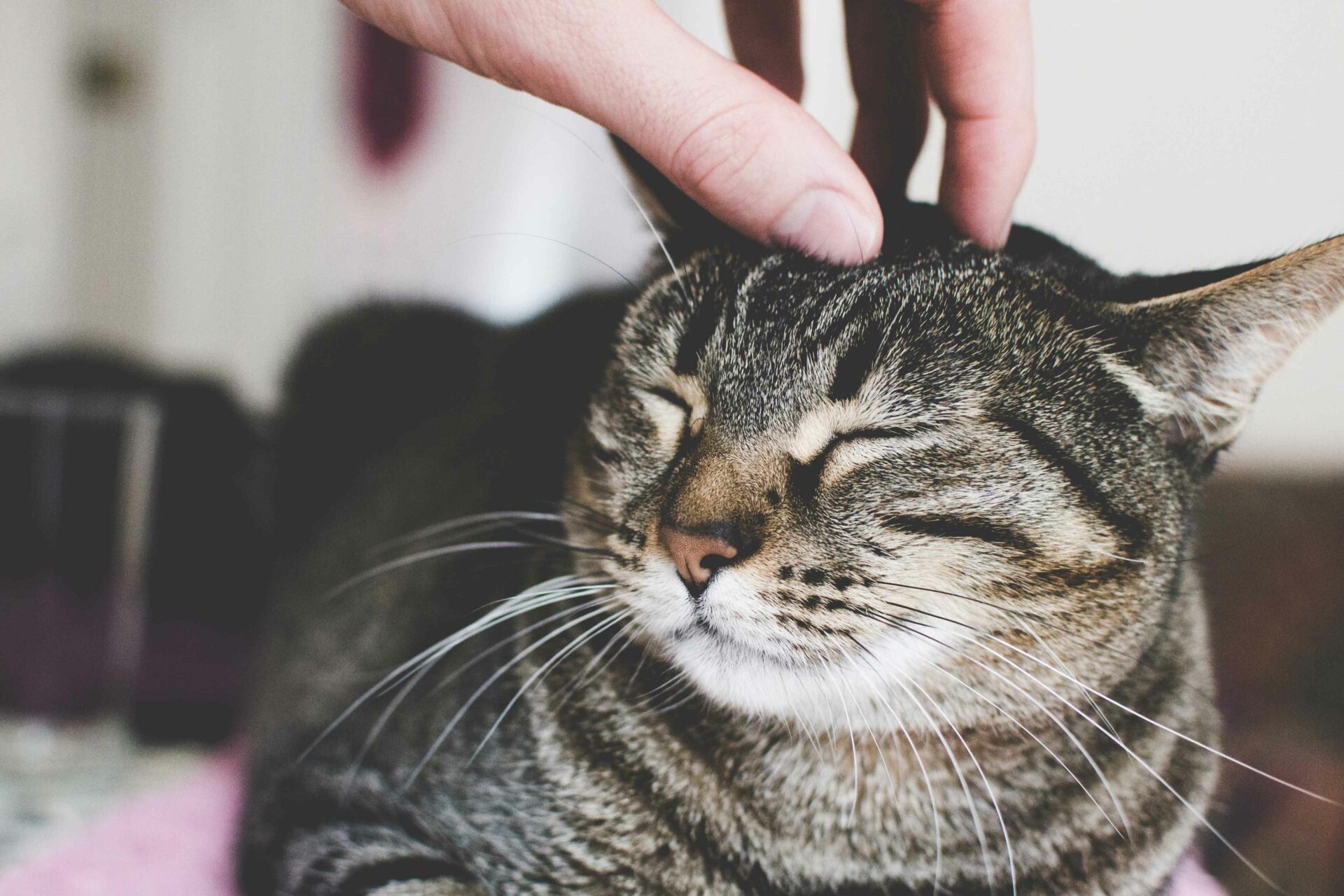
When to Call Our Clinic
Pet owners should contact us at (641) 892-4651 immediately if their pet experiences:
With pain management, limited activity, and careful monitoring, most pets heal quickly and comfortably after surgery. For any concerns, call (641) 892-4651 for guidance.
